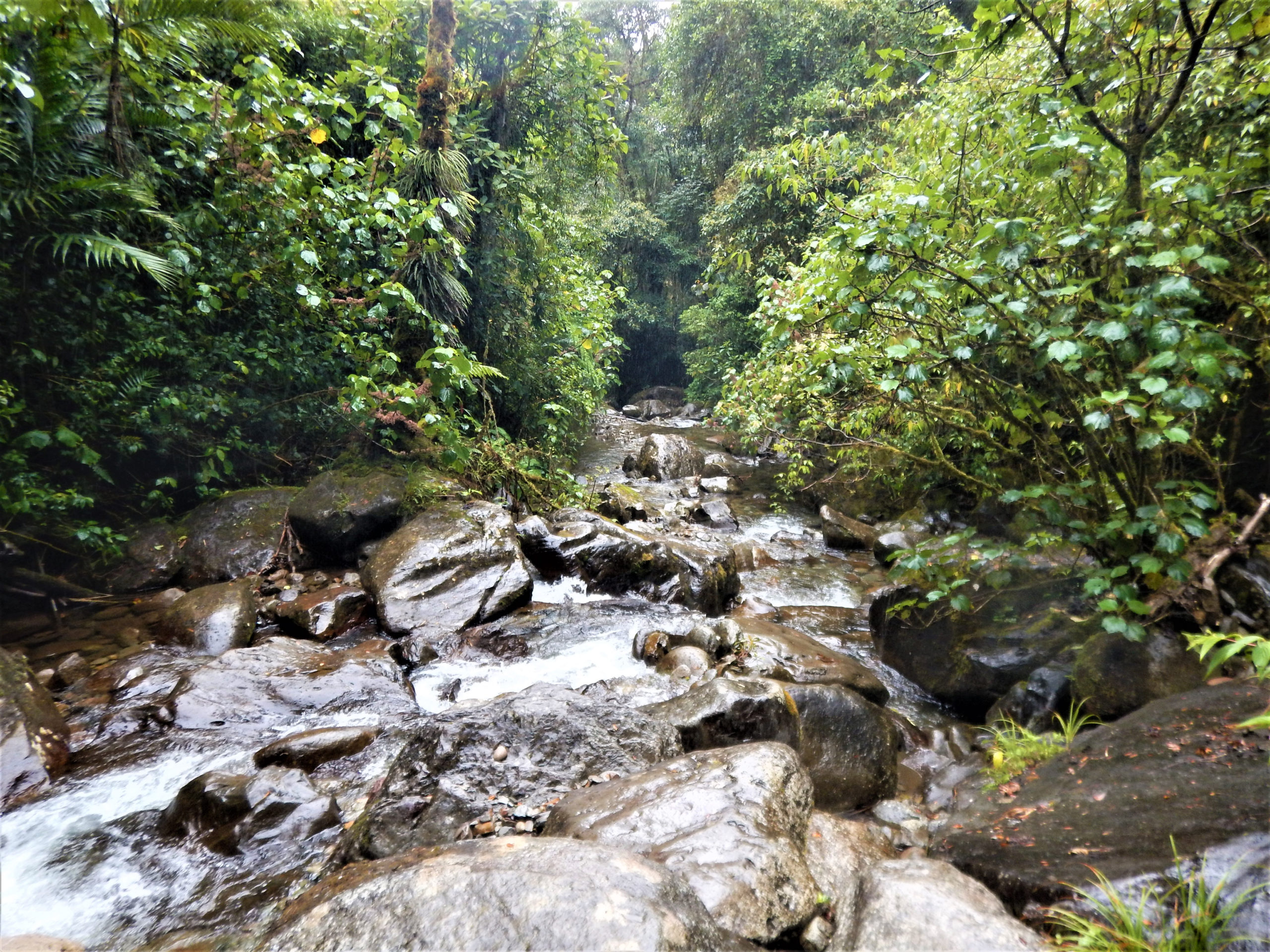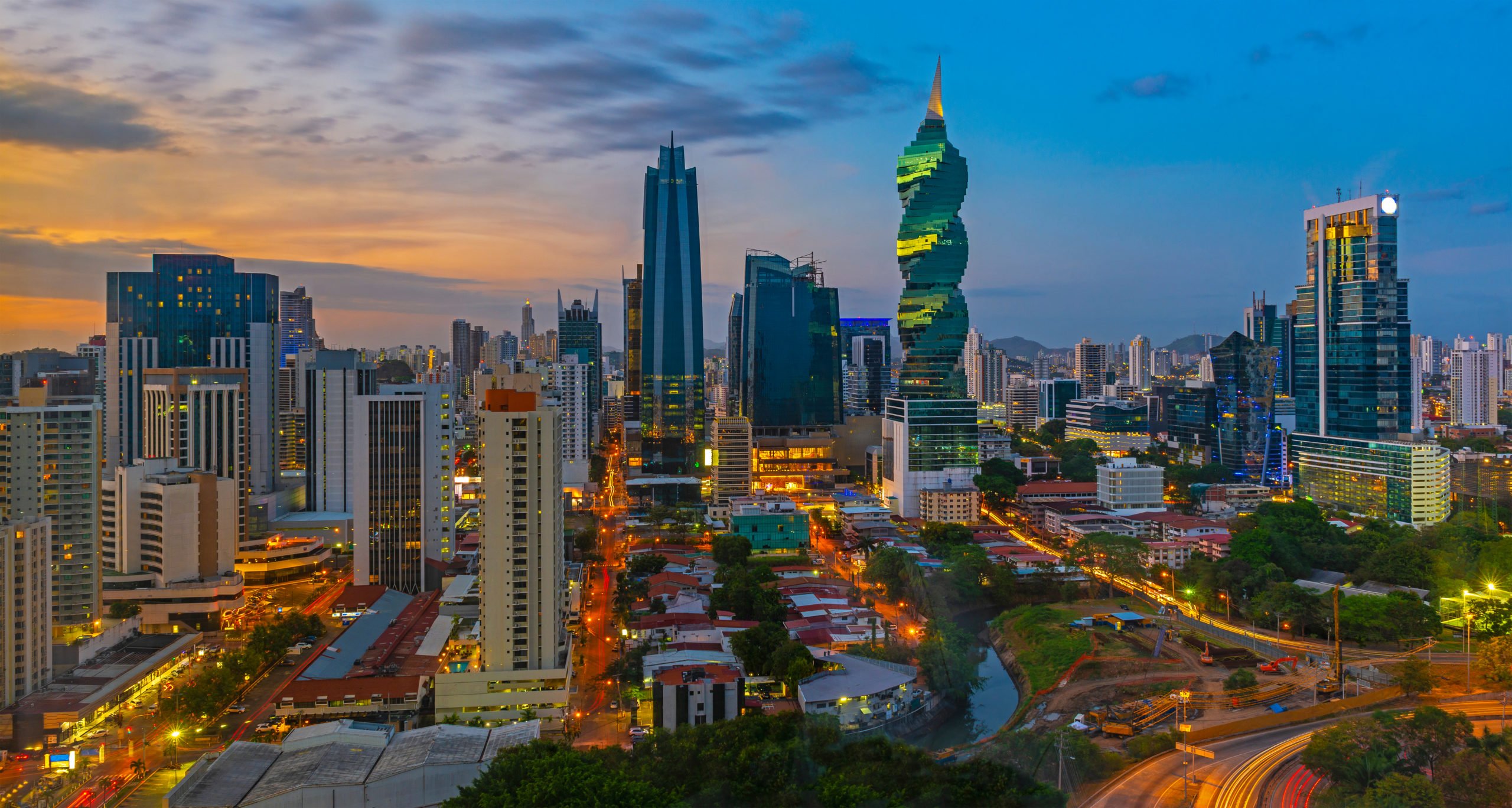
Panama’s new president-elect is pledging to close a key corridor used by hundreds of thousands of migrants en route to the U.S., but experts and Panamanians aren’t so sure it can be done.
President-elect Jose Raul Mulino handily won the Panamanian presidential election earlier in May, riding a wave of voter discontent over the country’s slow economic growth and an endorsement from a popular former president. The 64-year-old lawyer also campaigned on a pledge to end the illegal immigration that runs through the tiny Central American nation’s Darien Gap — but some question the feasibility of that pledge, given the vastness of the jungle, the cartels that populate it and the sheer amount of migrants flowing through it.
“While President Mulino’s promise to close the Darien Gap to migrants appears to be made in good faith, it’s unclear how he could ever actually deliver,” Matt O’Brien, director of investigations for the Immigration Reform Law Institute, said to the Daily Caller News Foundation. “The region consists of thousands of square miles of jungle that are virtually impossible to police.” (RELATED: Immigration Experts Warn Possible Biden Plan To Import Gazan Refugees Would Be ‘National Security Disaster’)
“And the gap itself is already home to massive migrant assistance operations that are funded by politically-potent, anti-borders groups from all over the world,” O’Brien added. “None of these organizations are likely to close up shop and go home without a fight.”
The number of illegal immigrants crossing the Darien Gap is incredibly massive — and rising. More than half a million migrants passed through the region in 2023, double the nearly 250,000 that had crossed the year before, according to the Council of Foreign Relations.
“The border of the United States, instead of being in Texas, moved to Panama,” Mulino said on the campaign trail. “We’re going to close the Darien and we’re going to repatriate all these people,” referring to a vast jungle region across Panama and Colombia known as the Darien Gap.

Darien Gap jungle
The pledge has received notable coverage from American media, and the Secretary of State’s office made mention of anticipated cooperation on the issue shortly after Mulino’s election victory.
The Darien Gap, however, is roughly 40 miles wide and 100 miles long, with a combination of rainforests and mountains and virtually no government presence, according to the Guardian. Hiking through the region can take days.
The area is also under the de facto authority of drug-trafficking organizations such as the Revolutionary Armed Forces of Colombia (FARC) and the Gulf Clan paramilitary group, according to the Council on Foreign Relations. The groups are known to extort and sexually assault travelers who pass through the region.
The idea of closing off the Darien has long been regarded as too much of a burden to accomplish, given these factors.
“Panama closed their border,” Wisconsin GOP Rep. Tom Tiffany said in 2021 after a trip to the Darien Gap. “But they, in effect, can’t because of the incredible crush of migrants that are coming from all over the world.”
More recently, Juan Pappier, the Americas deputy director at Human Rights Watch, framed Mulino’s promise to close the Darien Gap as “virtually impossible.”
The majority of migrants crossing the Darien Gap are Venezuelan nationals, but people from Ecuador, Haiti and other African and Asian countries also utilize these routes to make it to the U.S. border.
Panamanians have made notice of the enormous flow of migrants crossing their country on a daily basis.
“It’s impossible to not run into a foreigner who is begging for money or puts their child in front of you to beg for money, or sell you chewing gum or candy,” Allan Baitel, a born-and-raised Panamanian citizen, told the DCNF. “We have a lot of individuals who are present on the streets at all times, 24 hours a day with signs asking for help.”
Baitel noted that the government is “doing its best” to mitigate disruptions to daily Panamanian life by getting the migrants off the street and moving them to the border of Costa Rica. While he acknowledged the difficulty in closing up the Darien Gap, he expressed optimism over Mulino’s background.

Panama City
“It’s going to be very hard to close the gap, very difficult,” he said, noting that Colombia was unlikely to help in the effort. Colombia’s leftist president, Gustavo Petro, has long been hesitant to adopt measures to physically bar migrants from entering the jungle, claiming that a more humanitarian approach should be taken.
“Let me tell you that Mulino’s background is in security,” Baitel said. “He has preparation in having to deal with a lot of these issues, so he may have something up his sleeve.”
Currently, the Panamanian government’s policy has been to immediately bus incoming migrants to the Costa Rican border, allowing them to carry on in their U.S.-bound journey. In a recent radio interview, the incoming president said most would-be migrants would simply not even try to cross Panama once he begins deporting them. (RELATED: Flight Docs Reveal Which Cities Are Receiving Migrants Under Biden’s Parole Program)
“Because when we start to deport people here in an immediate deportation plan the interest for sneaking through Panama will decrease,” Mulino said in the radio interview. “I assure you they are going to say that going through Panama is not attractive because they are deporting you.”
For many Panamanian citizens, the crisis hasn’t made much of a personal impact on them since the vast majority of the migrants are quickly moving on and out of the country.
“We don’t see that many, no one wants to stay here. They want to get to the shining city on the hill,” said Surse Pierpoint, a third-generation Panamanian who spoke to the DCNF.
Pierpoint said that the topic of immigration doesn’t even crack the “top five” issues that matter to him at the moment. Like many other voters, Pierpoint cited the tough economic times the country has faced and he liked Mulino’s agenda for the private sector.
Panama, once the top performing economy in Latin America, has struggled with credit downgrades, slow economic growth, less foreign direct investment and the closing of a major copper mine. The president-elect campaigned on a pledge to bring life back into the private sector with a pro-market agenda.
As for closing the Darien Gap, Pierpoint has doubts: “I don’t know how he can do that frankly,” he said. “It sounds good, but I don’t see how it’s feasible in the short term.”
While so much attention has been focused on Mulino’s ability to close the migration routes himself, policy experts in Washington, D.C,. and locals in Panama alike also pointed the finger back at the Biden administration. The crisis taking place in this Latin American isthmus, they say, begins and ends at the White House.
“Panama president-elect Jose Mulino’s pledge to close the Darien Gap route that migrants are traversing on their way to the U.S. southern border demonstrates the far-reaching negative consequences of Pres. Biden’s immigration policies,” Eric Ruark, director of research at NumbersUSA, said to the DCNF. “This is a humanitarian crisis entirely of President’ Biden’s making, and Panama is just one of the countries dealing with the fallout.”
“All of this has to do with the United States,” Baitel added. “It will not cease until there’s a very drastic change in the United States.”
https://dailycaller.com/2024/05/13/skeptical-of-jose-mulinos-vow-to-close-darien/


No comments:
Post a Comment